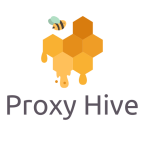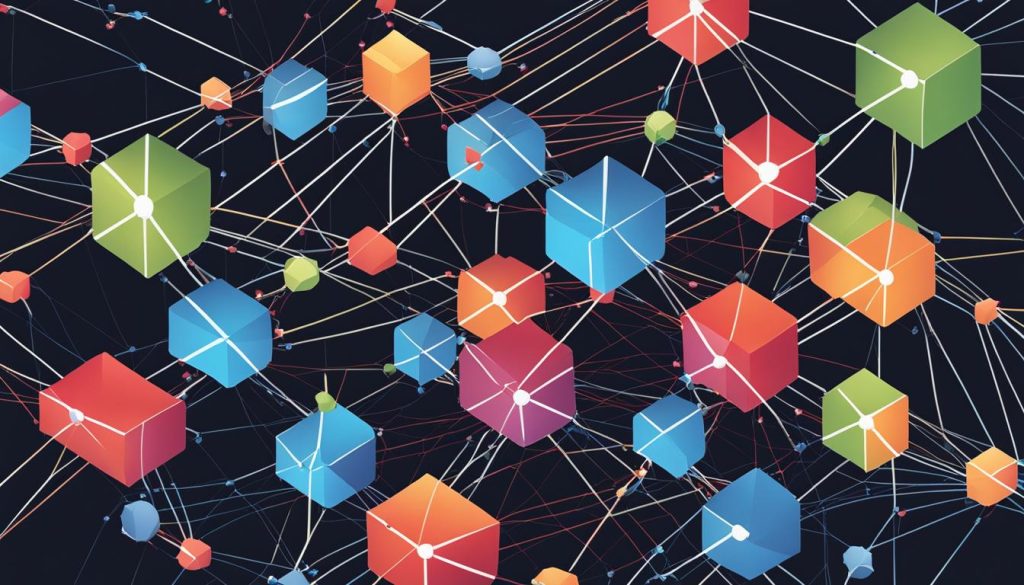When it comes to large-scale web scraping, businesses face numerous challenges that need to be addressed. From building and managing the web scraping infrastructure to overcoming security measures and handling the enormous amount of data generated, effective strategies are required. One key aspect is the use of proxies to ensure scalability and successful data extraction.
Handling large-scale web scraping requires a comprehensive approach. Choosing the right proxy provider and type is crucial to ensure smooth operations. Overcoming challenges such as anti-bot countermeasures, maintaining throughput performance, and ensuring data quality are also essential for success. By adopting scalable web scraping techniques and utilizing proxies effectively, businesses can extract valuable data and insights for big data processing.
Key Takeaways:
- Scalability and proxies are integral to handling large-scale web scraping.
- Choosing the right proxy provider and type is essential for success.
- Overcoming challenges, such as anti-bot countermeasures and data quality, is crucial.
- Scalable web scraping techniques enable efficient data extraction.
- Proxies play a key role in ensuring smooth operations and avoiding detection.
Choosing the Right Proxy Provider and Type
When it comes to large-scale web scraping, choosing the right proxy provider is essential. Proxies act as intermediaries between your scraping software and the target website, allowing you to make multiple requests while masking your IP address. This helps to overcome IP recognition and avoid getting blocked. The performance evaluation section of a market research report by Proxyway emphasizes the importance of checking proxies for every data source.
Residential proxies are highly recommended for e-commerce data gathering. They provide a higher level of anonymity as they use real IP addresses assigned to physical locations. These proxies are less likely to get blocked, and they offer a wide range of locations and a large pool of IPs to choose from. This enables you to scrape data from multiple regions, enhancing your ability to gather comprehensive market data.
There are various types of proxies available, each serving different purposes. Datacenter proxies, for example, are great for general web scraping tasks. They offer high speed and are more cost-effective compared to residential proxies. Mobile IP proxies, on the other hand, allow you to scrape mobile-specific content and gather mobile data. ISP proxies are ideal for targeting specific internet service providers, which can be useful in certain industries or geographical locations. By understanding the different proxy types and their specific use cases, you can choose the most suitable proxy provider and type for your web scraping needs.
The Benefits of Residential Proxies
Residential proxies have several advantages that make them a popular choice among web scrapers. Firstly, they are less likely to get detected as proxies and therefore have a lower chance of being blocked by websites. This ensures uninterrupted scraping and helps maintain a high success rate for data extraction. Additionally, residential proxies provide a wide range of IP addresses from different locations, allowing you to scrape geographically targeted data. This is particularly useful for businesses operating in multiple regions or for gathering market intelligence on a global scale. Residential proxies also offer a large pool of IP addresses, ensuring that you can rotate your requests and avoid being flagged as a bot.
In summary, choosing the right proxy provider and type is crucial for successful large-scale web scraping. Residential proxies are recommended for e-commerce data gathering due to their high anonymity, wide range of locations, and large IP pool. However, there are also other types of proxies available, such as datacenter proxies, mobile IP proxies, and ISP proxies, each with their own benefits and use cases. By understanding the different proxy types and evaluating your specific scraping requirements, you can make an informed decision and ensure efficient and effective data extraction.
Overcoming Challenges in Large-Scale Web Scraping
Large-scale web scraping presents its fair share of challenges that need to be addressed effectively. One major hurdle is dealing with sloppy and constantly changing website formats. This can be both time-consuming and resource-intensive, requiring constant adaptability to extract the desired data.
Scalable architecture is another critical aspect to consider. To ensure smooth operations, it is recommended to separate product discovery from the extraction process and allocate additional resources for extraction. By doing so, the scraping infrastructure can handle large-scale tasks efficiently, further enhancing the overall scalability of the operation.
Maintaining throughput performance is a key consideration in large-scale web scraping. Implementing efficient crawling techniques helps to maximize the flow of data, optimizing the extraction process. Additionally, employing anti-bot countermeasures, such as utilizing proxies, is crucial to avoid detection and blocking, ensuring uninterrupted scraping activities.
Ensuring data quality is an ongoing challenge in web scraping. Due to the diverse nature of websites, variations in data formats and inconsistencies are inevitable. Implementing robust data validation and cleaning processes are essential for extracting accurate and reliable information from the scraped data.
In conclusion, large-scale web scraping comes with its fair share of challenges. Addressing issues related to website formats, scalable architecture, throughput performance, anti-bot countermeasures, and data quality is vital for successful and valuable data extraction. By overcoming these challenges, businesses can unlock valuable insights and gain a competitive edge in today’s data-driven world.
FAQ
What are some challenges to consider when it comes to large-scale web scraping?
Some challenges to consider are building and managing the web scraping infrastructure, choosing the right proxy provider and type, overcoming security measures, and dealing with the storage and processing of the scraped data.
How important is choosing the right proxy provider in large-scale web scraping?
Choosing the right proxy provider is essential in large-scale web scraping. It helps with avoiding detection and blocking, managing the proxy pool effectively, and ensuring the performance and success of the scraping process.
What are the recommended proxy types for e-commerce data gathering?
Residential proxies are recommended for e-commerce data gathering as they are less likely to get blocked, offer a large range of locations, and provide a large pool of IPs to work with. Other proxy types, such as datacenter proxies, mobile IP proxies, and ISP proxies, are also available.
What are some challenges in large-scale web scraping and how can they be addressed?
Some challenges in large-scale web scraping include dealing with sloppy and always changing website formats, maintaining throughput performance, and ensuring data quality. These challenges can be addressed through scalable architecture, efficient crawling strategies, anti-bot countermeasures, and implementing various data quality strategies.

